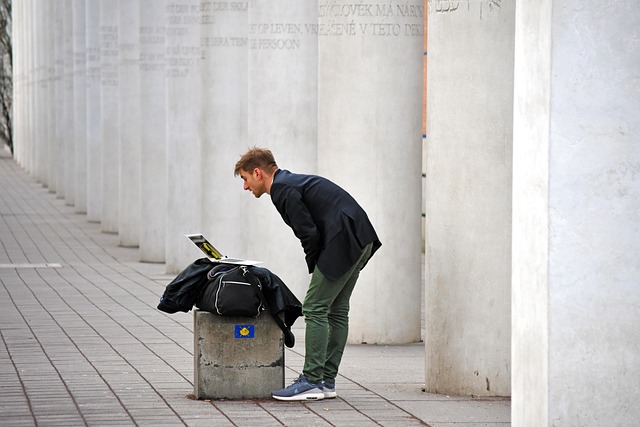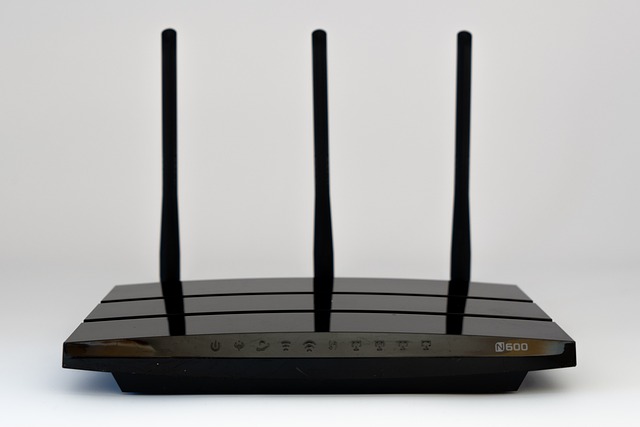In an era where digital connectivity defines how we engage with the world, online education has emerged as a transformative force in learning. Among its many tools, videoconferences stand out as a powerful medium for knowledge building. Gone are the days when education was confined to the four walls of a classroom; today, learning knows no boundaries, thanks to the wonders of technology.
When we think of videoconferences, we envision face-to-face interactions bridging the gap between distance and time. This unique format enables educators and learners to connect, share ideas, and collaborate in real-time, creating a dynamic environment where knowledge flourishes. Imagine a classroom that spans the globe, where students from diverse backgrounds come together to engage in rich discussions and exchange perspectives. This is the essence of online learning.
The flexibility of online education allows for a variety of learning styles and schedules. With videoconferences, learners can participate in live sessions or access recorded versions later, accommodating those who may have other commitments. This adaptability not only empowers students to take control of their learning journey but also enhances engagement, as they can interact with educators and peers instantly, asking questions and contributing to discussions as they arise.
Moreover, videoconferences foster a sense of community. In traditional education settings, the classroom creates a familiar environment where learners feel safe to express themselves. Online platforms replicate this dynamic through virtual breakout rooms, group activities, and collaborative projects that encourage interaction. Building relationships in this way is crucial for knowledge building, as it promotes deeper understanding through shared experiences and teamwork.
The role of educators in this landscape cannot be understated. They are not merely conveyors of information but facilitators of learning. Through videoconferences, educators have the opportunity to engage students in innovative ways, utilizing interactive tools, multimedia resources, and real-time feedback. The potential for creativity in structuring lessons is limitless, allowing instructors to adapt their teaching methodologies to suit the needs of their audience.
Additionally, videoconferences can bring experts from various fields into the classroom, enriching the learning experience. Guest speakers, industry professionals, or thought leaders can be invited to share their insights, granting students exposure to real-world applications of their studies. This access is invaluable and encourages students to think critically about the knowledge they are acquiring.
In conclusion, mastering the art of online education through videoconferences is not just about technology; it’s about creating meaningful connections and fostering an environment conducive to learning. As we navigate this digital age, embracing the full potential of online education can revolutionize how we acquire and share knowledge, laying the groundwork for a future where learning is accessible, inclusive, and impactful.




